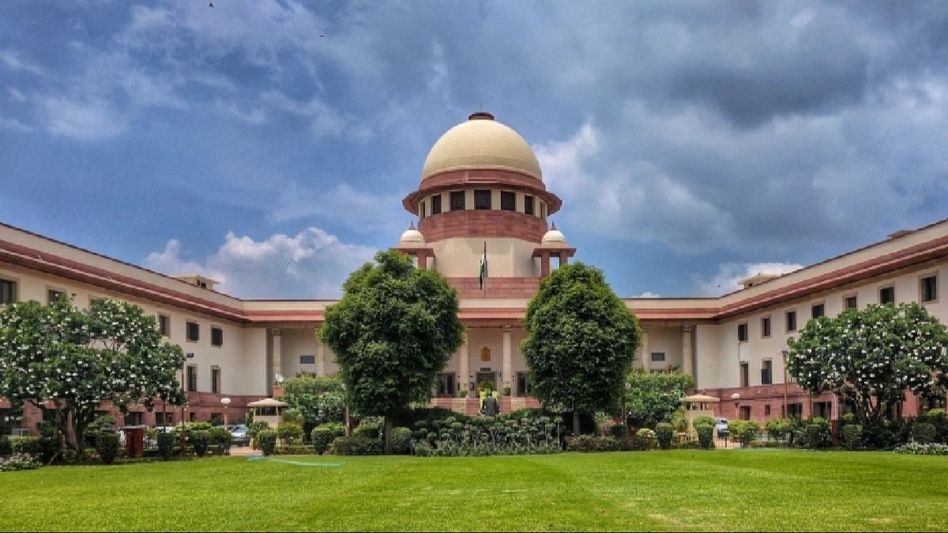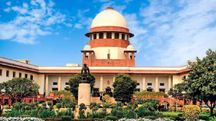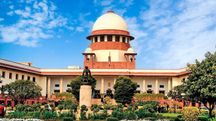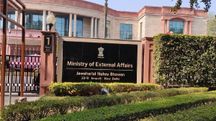Government employee sharing rent-free accommodation with retired father not entitled to HRA: SC
The Supreme Court of India has ruled that a government employee living in rent-free accommodation provided to his retired father is not eligible to claim House Rent Allowance (HRA). This decision sets a precedent for the eligibility criteria for HRA in comparable situations, highlighting the need for compliance with relevant government employee benefits regulations.

- Supreme Court denies HRA claim for government employee living in rent-free house
- Employee required to repay previously claimed HRA of Rs. 3,96,814
- Judgment sets precedent for HRA eligibility in similar cases
The Supreme Court of India upheld a decision stating that a government employee residing in rent-free accommodation allotted to his retired father is not eligible to claim House Rent Allowance (HRA). The bench of Justices BR Gavai and Sandeep Mehta affirmed a recovery notice against the appellant, requiring him to pay Rs. 3,96,814, which he had earlier claimed as HRA.
The case revolved around an Inspector (Telecom) in the Jammu and Kashmir Police, 4th Battalion, who superannuated in 2014. Following his retirement, a recovery notice was issued upon discovering that he was availing government accommodation while simultaneously drawing HRA.
Advocate Ms. Purnima Bhat, representing the appellant, argued that the house was allotted to the appellant's retired father, a former Deputy Superintendent of Police, and that the appellant occasionally shared the accommodation with him. She referenced Rule 6(h)(iv) of the 1992 Rules, which permits HRA for only one government employee among family members living together in government-allotted housing.
On the contrary, the counsel for the State, Mr. Parth Awasthi, contended that the appellant, by residing in accommodation allocated to his father, was ineligible for HRA as per Rules 6(h)(i) and (ii), which disallow HRA if the employee shares rent-free accommodation or resides in housing allotted to parents or children by the government.
The Supreme Court rejected the appellant's reliance on Rule 6(h)(iv), noting that since the appellant's father retired in 1993, he could not claim HRA post-retirement. Therefore, the provision in question did not apply in this case. The Court upheld the High Court's dismissal of the petition, affirming that the appellant, as a government employee, could not claim HRA while sharing rent-free accommodation with his retired father.
The judgment in the case of R.K. Munshi v. Union Territory of Jammu & Kashmir and others sets a precedent clarifying the eligibility criteria for HRA in similar scenarios, emphasizing compliance with relevant rules and regulations governing government employee benefits.
Copyright©2025 Living Media India Limited. For reprint rights: Syndications Today









